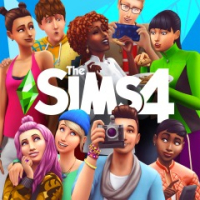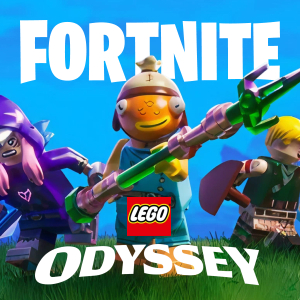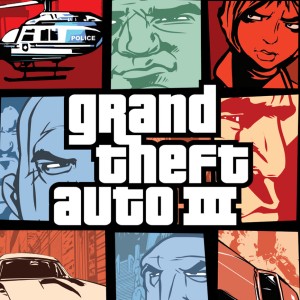In our digital age, communication has taken giant strides, and WhatsApp sits at the forefront of such innovation. Launched in 2009 by Jan Koum and Brian Acton and later acquired by Facebook in 2014, WhatsApp has become one of the fastest and most efficient communication apps. In retrospect, WhatsApp became more than just an app; it elevated into a communication phenomenon on a global scale. By 2023, WhatsApp will hit an astonishing landmark with 2 billion active users, representing about a quarter of the world’s population, reaching a penetration that many digital platforms can only aspire to achieve. Integrating users from over 180 countries, the WhatsApp envelope has expanded far beyond initial expectations, providing an efficient communication milieu that transcends all geographic boundaries.
WhatsApp essentially integrates the inventiveness of instant text messaging and the power of internet-based voice and video calls. The app provides quick, seamless, and efficient communication channels, connecting people located in different corners of the globe effortlessly. Furthermore, its minimalist design and ease of usage make it an ideal choice for people of varying technical proficiency.
Yet, it is not just the messaging or calling features that are alluring. WhatsApp allows you to share media files, documents, voice notes, and even your real-time location with your contacts. Moreover, the status feature enables you to share moments from your life in the form of images or short videos for 24 hours. It's a platform designed to bring people closer together.
Exploring the Pros and Cons of WhatsApp
WhatsApp conquered communication arenas with its phenomenal features. However, like every digital innovation, it also presents some weaknesses. Foremost among these is the dependency on Internet connectivity. If your internet loses connection or if you're in an area with poor network coverage, the app becomes utterly purposeless.
Furthermore, while the end-to-end encryption provides a secure communication channel, WhatsApp's privacy policy has recently come under scrutiny. The app shares metadata with its parent company, Facebook, which may compromise user data. Those concerned about their digital privacy may view this as a significant downside.
Also, WhatsApp lacks extensive customization options. Compared to some other messaging apps, it limits the ability to change the appearance of your interface. Despite these limitations, the demand for WhatsApp has seen an unwavering surge. The minor drawbacks clearly have had a minimal toll on its popularity.
Final Verdict
Many users commend WhatsApp's simplicity and functionality. It meets their basic communication needs without over-complicating the user interface. While it does have its share of deficiencies, the zeitgeist still leans towards WhatsApp's intuitive and effortless communication experience.
Privacy concerns have led to some backlash, but many users weigh the benefits more prominently. The ease of staying connected with family and friends, especially in an era of social distancing, has placed WhatsApp as an unshakable part of our everyday lives. Safe to say, even amid the criticism, the general impression of WhatsApp continues to be profoundly positive.
In conclusion, WhatsApp has revolutionized the way we communicate. Despite some weak points, mainly hinging on privacy issues and lack of customization, its allure lies in the seamless connections it prototypes, drawing people back for more. And even though it faces stiff competition in the marketplace, WhatsApp's robust functionalities demonstrate why it continues to reign supreme in the realm of instant messaging applications.













































































